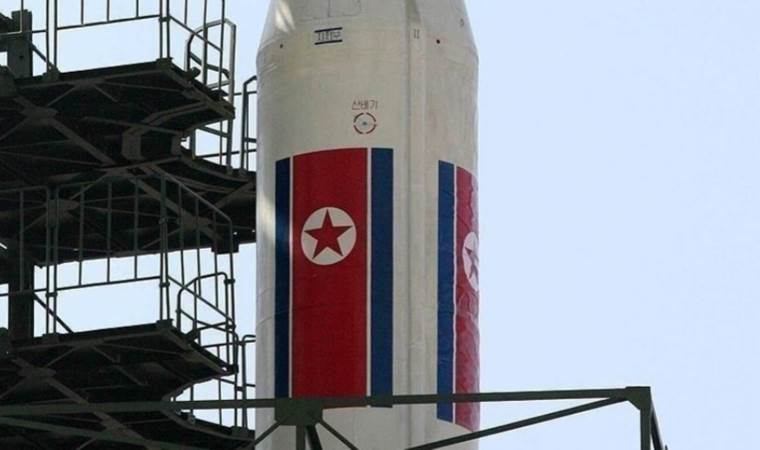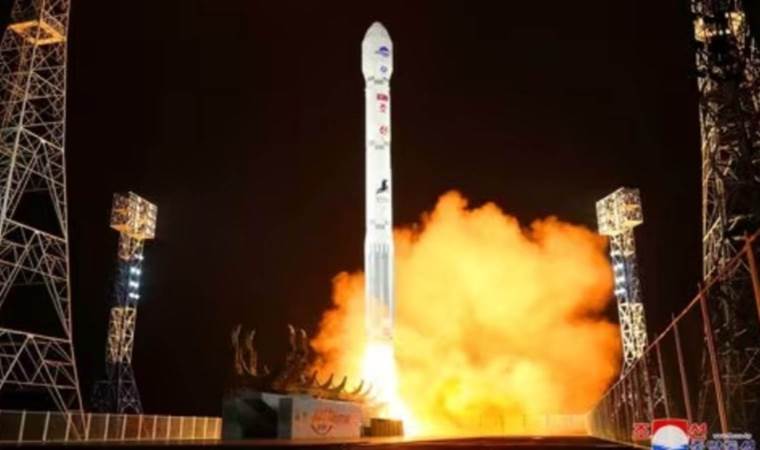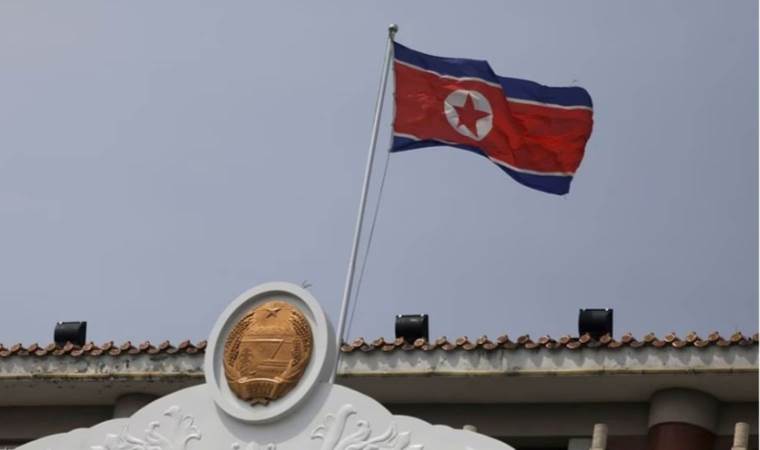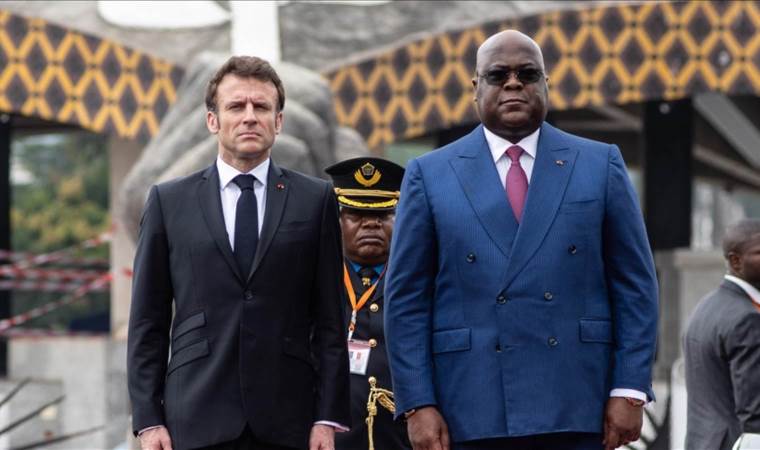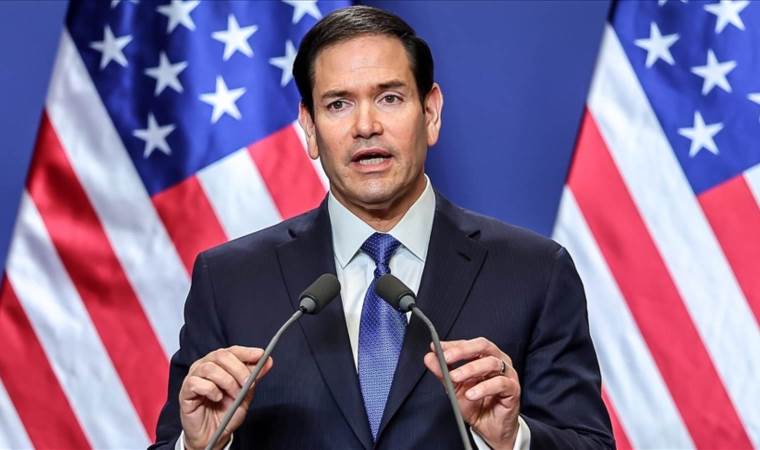New spy satellite captures images of White House, Pentagon
North Korea has launched its first spy satellite, marking a significant development in its surveillance capabilities.
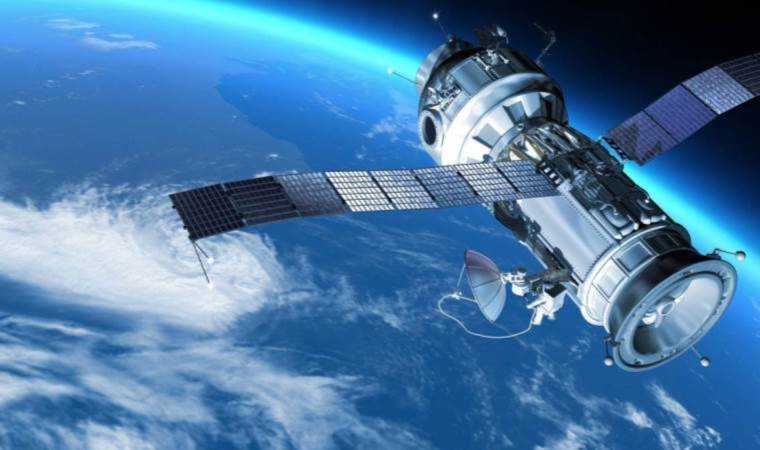
According to North Korean state media, leader Kim Jong Un reviewed satellite photos of strategic U.S. locations, including the White House and Pentagon. The satellite, which North Korea claims can monitor U.S. and South Korean military movements, has reportedly captured images of sites in South Korea, Guam, Italy, and the U.S. capital.
Despite Pyongyang's claims, there is skepticism about the satellite's capabilities, as no imagery has been released yet. Experts like Dave Schmerler from the James Martin Center for Nonproliferation Studies note that while the satellite might be able to capture large areas, the usefulness of the images depends on their resolution and frequency. North Korea's goal is to launch more satellites for more frequent coverage.
Photos released by state media suggest the satellite uses panchromatic imagery, which captures black-and-white images sensitive to all visible light wavelengths. This technology was tested in December 2022 when North Korea released imagery of downtown Seoul following a rocket launch.
The U.S. and South Korea have condemned the satellite launch, citing it as a violation of U.N. Security Council resolutions that ban the use of ballistic technology. This development comes as South Korea delays its own satellite launch due to weather conditions.
Most Read News
-
 Iraq reopens Baghdad airport after temporary closure ove
Iraq reopens Baghdad airport after temporary closure ove
-
 Oman says it is committed to supporting US-Iran dialogue
Oman says it is committed to supporting US-Iran dialogue
-
 Russia defends Cuba's actions after deadly confrontation
Russia defends Cuba's actions after deadly confrontation
-
 French president discusses eastern DR Congo with his Con
French president discusses eastern DR Congo with his Con
-
 Poland, Lithuania and Latvia to strengthen border securi
Poland, Lithuania and Latvia to strengthen border securi
-
 New round of Iran-US nuclear talks starts in Geneva
New round of Iran-US nuclear talks starts in Geneva
-
 US calls Iran’s refusal to discuss its ballistic missile
US calls Iran’s refusal to discuss its ballistic missile
